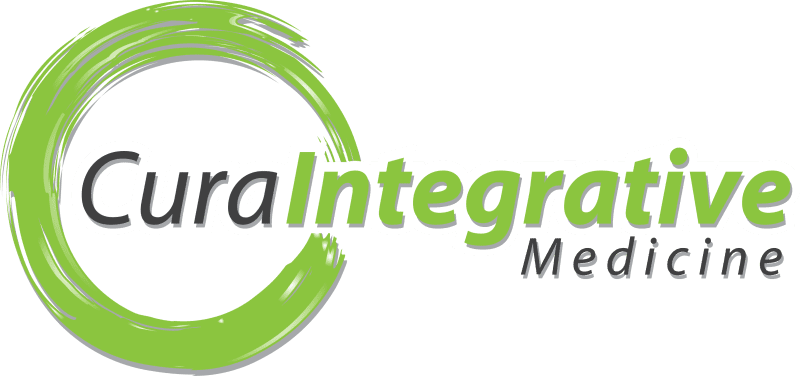Koji is a less known superfood found in a variety of macrobiotic foods. Containing Aspergillus oryzae, koji is used to make foods such as miso, amazaki and tamari. Read More…

Dominate Exercise Recovery and Sports Performance
Posted 19 Sep '23
Embarking on a fresh exercise or workout routine marks a pivotal stride towards enhancing your overall well-being and long term health. While the advantages of physical activity are beyond measure, integrating a new regimen may inadvertently introduce some undesired repercussions.
These unwelcome side effects may manifest as achy and sore muscles, discomfort in the joints, and heightened fatigue levels.
While these effects may not be ideal, they actually represent a natural response occurring within your body. The good news is that these effects tend to diminish over time as your body and muscles adapt to the demands of exercise.
It's worth noting that there are various proven naturopathic and functional medicine methods available to assist you in enhancing your recovery from exercise and ultimately enhancing your overall performance.
Magnesium For Muscle Recovery
Muscle pain and soreness are a common aftermath of exercise, particularly when engaging in weight training. When our muscles are pushed to work harder or used in unconventional ways, they may experience microscopic damage to the muscle fibers, leading to discomfort and stiffness until they heal.
Magnesium, an essential mineral, plays a pivotal role in maintaining optimum muscle function and regulating muscle contractions. Numerous studies have demonstrated that magnesium can substantially alleviate muscle soreness, reduce perceived exertion, and enhance post-workout recovery. Furthermore, intriguing evidence suggests that this vital mineral may even have a positive impact on overall athletic performance.
Herbs for Strength and Improved Strength
Curcumin, a compound derived from turmeric, holds immense potential as an anti-inflammatory agent to accelerate the recovery process. Numerous studies have revealed that the wonders of curcumin extend to alleviating symptoms associated with delayed onset muscle soreness (DOMS).
By incorporating curcumin into your sports training routine, you can effectively combat the discomfort and inflammation that often accompanies post-exercise recovery. Its remarkable abilities offer a natural and powerful solution for those seeking relief and enhanced regeneration after intense workouts.
Many other herbs have similar properties such as those which are termed adaptogens. Adaptogens help the body carry optimal oxygen, adapt to stressful situations and promote faster recovery. Two such examples are Withania (Withania somnifera) and Siberian ginseng (Eleutherococcus senticosus).
Protein For Muscle Growth and Repair
In order to promote growth, repair damaged cells and tissues, and synthesise hormones, our bodies require an adequate amount of dietary protein.
Supplementing your diet with protein (amino acids), whether it is consumed before, during, or after exercise, can actually enhance your
recovery, promote muscle growth, and help you maintain lean body mass. But how can you ensure you're getting enough protein in a convenient
and timely manner? That's where protein powders come in! They offer a practical solution to meet your protein needs. By simply adding a
protein powder to your diet, you can conveniently and effectively ensure you're getting the necessary intake. While protein powder can be a
great addition to your routine, it's always wise to consult your naturopath practitioner for personalised advice on the best
protein and dosage for you.
Optimal Sleep for Sports Recovery
Sleep plays a crucial role in facilitating muscle recovery by boosting protein synthesis and unleashing the power of human growth hormone. This special hormone diligently promotes the growth of tissues and repairs worn-out muscles.
Neglecting sleep or experiencing subpar sleep quality can severely hinder athletic performance due to sluggish muscle recovery, heightened
stress hormone release, and hindered glycogen synthesis. Glycogen serves as a precious source of readily accessible energy within our
body, therefore make sure to prioritise restful sleep to optimise your muscle rejuvenation and overall physical prowess.




